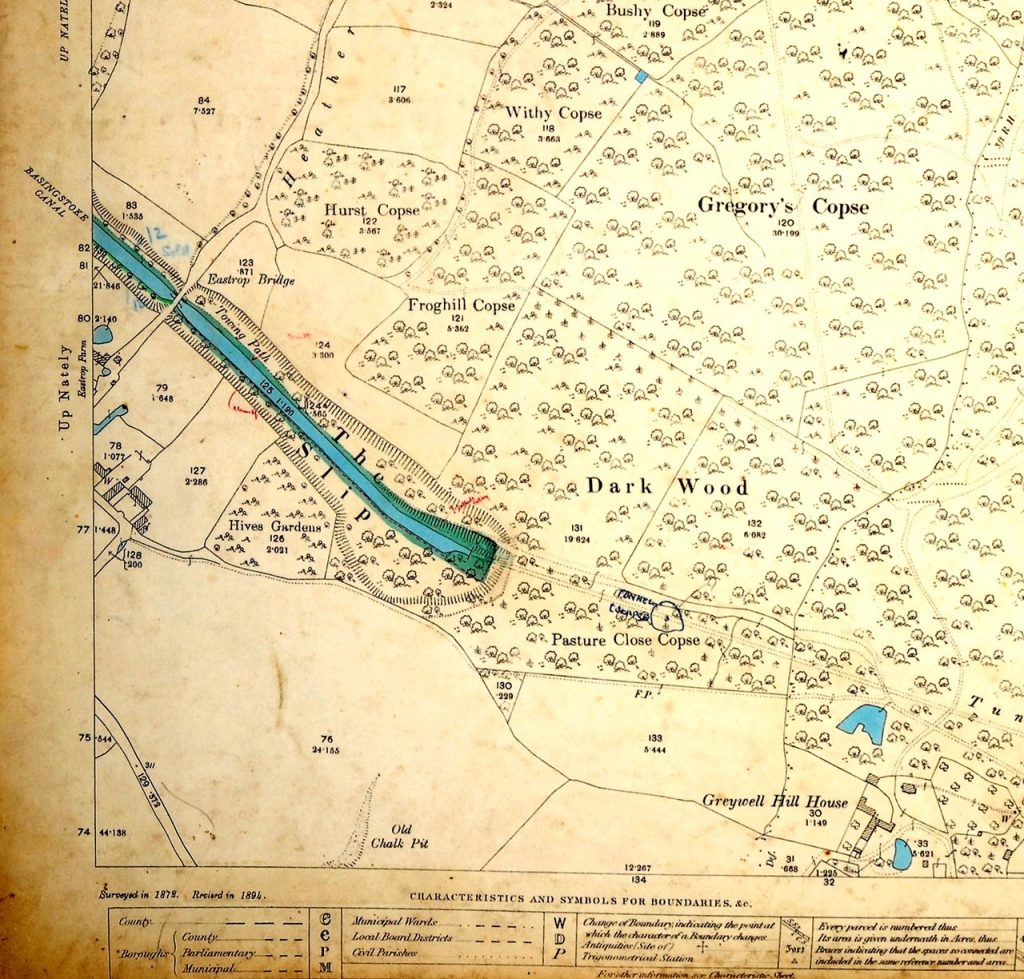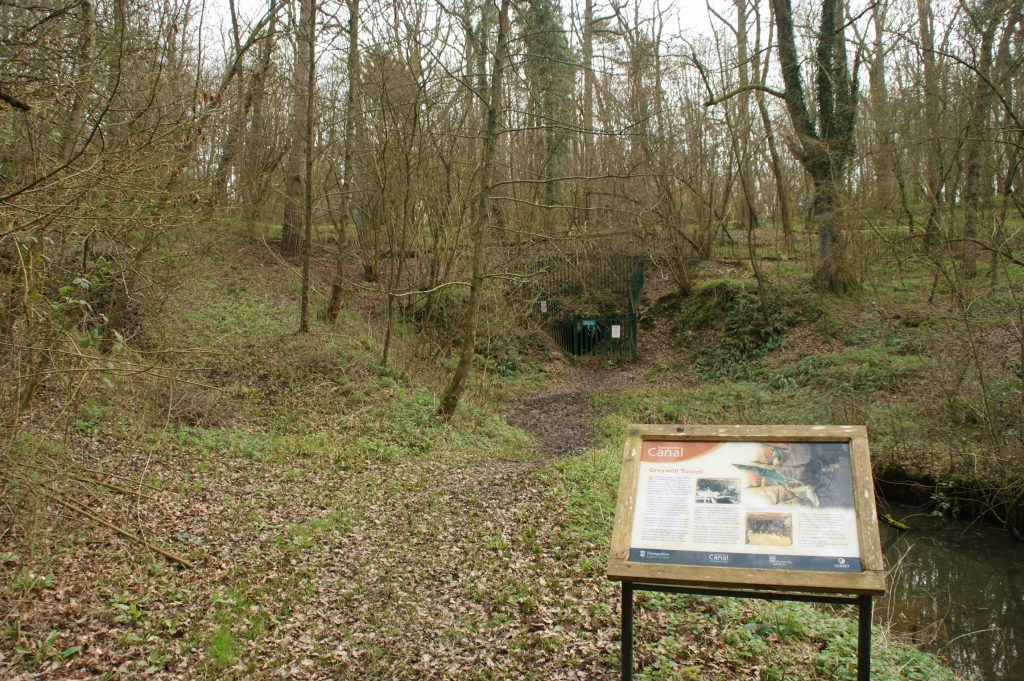From the Basingstoke Canal Office, Hambro’ Wharf the Bottom of Queen Street, Cheapside.

February 16th, 1804
The rainy and tempestuous Weather, which has prevailed through the last, and present Months, has been near proving Destructive to various Parts of the Canal, particularly at Mitchet, and Ash Valley. In these Places the bursting of the Banks, would have been productive of immence Loss, by overflowing all the Neighbouring Lands, and from the great heighth of the River above the Level of the Country, in those Parts, the renewal of the Banks, would have been difficult, and extremely expensive.
Fortunately, and through the diligence of RICHARD ALLEN, the principal Surveyor, no serious Accident has happened, and the only Loss the Company has experienced, consists in the Expence incurred by employing Twelve or more extra Hands for the space of about Two Months, first in supporting, and afterwards in repairing, and strengthening the Parts that had been strained, and injured. When these Objects shall be completed, the Men will return to their Employment of lightening the Banks at Gruel1 .
That vast Mass of Clay, in the year 17942, sunk down and filled up the Canal, for the space of more than One Hundred Yards, and it has lately threatened a similar Catastrophe, having laid the Piles, and Planks, with which it was attempted to be restrained, almost flat, and actually reduced the Channel, to half its Width.
Its farther Progress however is stopped, and after removing a few Thousand more Loads of Earth from behind, and taking out what has encroached on the Canal, Mr ALLEN thinks he can put in such a stay, as will prevent its ever moving further3; he then proposes going on with repairing, or rather rebuilding the Wing Walls, and Sides of the Locks, which to the Disgrace of the Contractor, as well as of the Company’s then resident Engineer, and Inspector, are put together, excepting the outer layer of Bricks, with a Composition of Sand, and Rubbish, almost without Lime.
Thus owing to the unfavourable Nature of the Strata, through which a Part of the Canal runs4; to the inequalities of the Ground, requiring Works of immense Magnitude, and from the Locks being put together with bad Materials, the expenses for Repairs, and Works, during almost the whole of the last Year, but particularly during the Two last Quarters, has been prodigiously great; yet even under these Circumstances, and with a considerable diminution of the Trade, the Committee are happy in acquainting the Proprietors, that there has still been, at the End of every Quarter, a small surplus, which will be employed in farther reducing the old Debt5.
As such a Season as this has been, can hardly soon again happen, and the Trade in manifestly reviving, the present, and future Years, may reasonably be expected to be more productive than the last.

Notes:
- Gruel is the old spelling of Greywell.
- The Canal opened in September 1794, but 6 weeks later there was a bank slip just west of Greywell tunnel that closed that end of the canal for 9 months.
- Mr Allen was over-optimistic, as the offside bank has slipped again, completely filling the bed of the canal, as can be seen in the photo.
- The reference is to the Deepcut flight of 14 locks which is built mainly on sand. This still causes problems, although the locks are much better built now. It sounds as if John Pinkerton, the contractor, cut a few corners.
- During the Canal’s construction more money had to be raised by a Bond Issue, which is presumably the old debt referred to here.